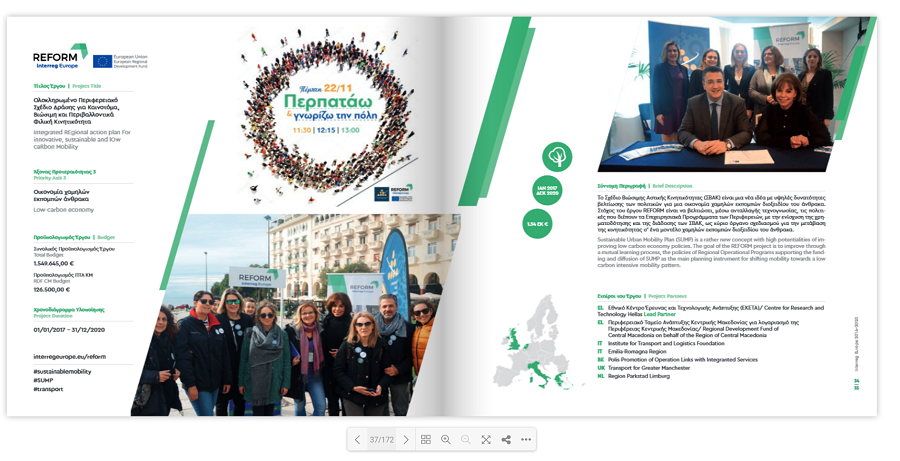
REFORM part of new brochure of Central Macedonia
Do you speak Greek, then you should definitely check out page 37 & 38 of the latest brochure published by the Regional Development Fund of Central Macedonia...
REFORM supports the implementation and deployment of Sustainable Urban Mobility Plans (SUMPs) as an instrument for shifting mobility towards low-carbon patterns. Thanks to additional funding, the project was extended for another twelve months.
REFORM will achieve a rate of 60% of local authorities to have completed the SUMP adoption process, in the four REFORM regions
In the framework of the REFORM project, through regional and interregional learning exchanges, REFORM will trigger the SUMP development process and amplify the SUMP adoption rate by local cities in three European regions:
€1,691,919.00
Low-carbon economy
The partners developed guidance materials and organised a series of dedicated events to help local municipalities in the preparation of their SUMP, in order to ease the transition towards low-carbon alternatives for mobility on their territory.
Due to the unforeseen circumstances of the COVID-19 pandemic, SUMP implementation slowed down as a result of shifting attentions, budgets and manpower. Thus, the additional extension of our project, we continue our mission of encouraging the adoption of SUMPs by local authorities, including small towns and medium-sized cities.
This will be achieved in particular through the improvement of the regional operational programs which support, fund and diffuse the concept of SUMP as the main planning tool for shifting mobility towards low carbon patterns.
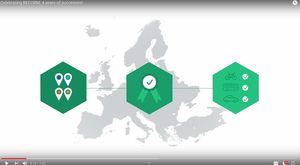
One of the main priorities of the Regional Operational Programme (ROP) of RCM is the promotion of low carbon strategies which is fully in line with REFORM proposal objectives.
The actions indicated in the ROP refer to the development or enrichment of Sustainable Urban Mobility Plans (SUMPs), the introduction of Intelligent Transport Systems (e.g. Traffic Management Center), the extension of the sea public transport in Thermaikos Gulf, the introduction of cycling & walking paths, the pedestrianization of specific streets and the implementation of awareness raising campaigns for the promotion of sustainable urban mobility.
The main weakness of the instrument is the lack of detail in the description of the means and tools that will be used to realize the above mentioned actions and as a result the lack of a detailed action plan for implementing and monitoring them.
It is necessary to move a step forward towards a more integrated and unitary philosophy in order to implement low carbon mobility strategies in urban areas of the Region of Central Macedonia, using the SUMP instrument as a main driver to identify, implement, monitor and evaluate integrated and interoperable solutions and measures.
According to the Regional Integrated Transport Plan (PRIT), the Region Emilia-Romagna has the role to coordinate the actions of Municipalities and Provinces, of private and public bodies which operate in the regional transport system.
In Emilia-Romagna (RER), the project REFORM will be conducted by the regional Authority, supported by the Institute for Transport and Logistics Foudation (ITL). The following cities will be closely associated to the project, for the adoption of a SUMP: Metropolitan city of Bologna, and cities of Piacenza, Parma, Modena, Carpi, Reggio Emilia, Ferrara, Forlì, Cesena, Faenza, Ravenna and Rimini.
Emilia-Romagna region currently finances sustainable mobility projects both with reference to freight and passengers transport. With regards to SUMPs, several regional cities are developing their own SUMPs also thanks to specific regional financial incentives. In particular 11 cities and the municipality of Bologna during 2016 have made SUMP guidelines, the first step to SUMP approval. Emilia-Romagna region is involved (in a specific working group) at national level with the aim to elaborate a national SUMP law.
In 2014 the Greater Manchester Combined Authority was established, with Transport for Greater Manchester (TfGM) acting as the delivery arm responsible for investing money in improving transport services and facilities, supporting the regional economy. Greater Manchester Transport Fund (GMTF) was established to finance the programme of transport improvements. This fund is managed by TfGM, with a budget is €2.1bn which includes the ERDF funding allocated for transport. To support this, the Greater Manchester Strategy sets out a programme of vigorous collective action based on driving sustainable economic growth. So, a significant regional objective is to advance low-carbon policies, including the promotion of sustainable urban mobility and supporting measures such as:
• Low carbon transport, including electric/low carbon vehicle infrastructure, cycling, walking
• Demand management
• Low carbon modal shift.
The region also recognises that much more needs to be done to create the world-class connectivity for both people and goods that Greater Manchester needs to compete effectively within a global economy. With this in mind a new SUMP has recently been developed to provide a vision of what a successful transport system might look like in 2040 to support Greater Manchester’s wider economic, social and environmental ambitions. The SUMP consists of a new Transport Strategy and Delivery Plan published in February 2017. We now need to ensure the delivery plan is delivered, monitored and kept up to date to ensure ambitions of the SUMP are realised.
In REFORM experiences are exchanged and regions try to learn from each other and others within the EU. This with the common goal to influence Regional Operating Programs for EU ambitions on low carbon. One of the goals of the Operational Programme South is to promote low-carbon innovations in urban areas. However, mobility is not yet explicitly stated as a specific instrument, although it’s more and more evident that mobility strictly interacts with the built environment and must be fully integrated in urban planning. For this reason there is the need to include sustainable mobility in the Operational Programme South as an important mean to achieve the goal of achieving a low-carbon footprint in cities.
The SUMP is conceived to be the main instrument to link mobility policies in a long-term strategic perspective to urban planning. In the framework of the REFORM project, the region has the occasion to develop a strategy to define this new focus for the policy instrument. Parkstad Limburg has a mobility plan for the region, adopted July 2011 (RVVP 2011-2020). In 2014 a SUMP, a vision with directions for measures, is made in the EU Poly-SUMP project, because Parkstad is a poly-centric region. Meanwhile Parkstad adopted an ambition on energy transition to be energy neutral in 2040 by savings and sustainable generating (PALET). This together with REFORM gives the opportunity to strengthen the SUMP and generate also action plans. By analyzing and sharing SUMPs and good practices and a common stakeholder process Parkstad works within REFORM on this step, from a vision to concrete action plans in their SUMP for the region and its cities.

Do you speak Greek, then you should definitely check out page 37 & 38 of the latest brochure published by the Regional Development Fund of Central Macedonia...
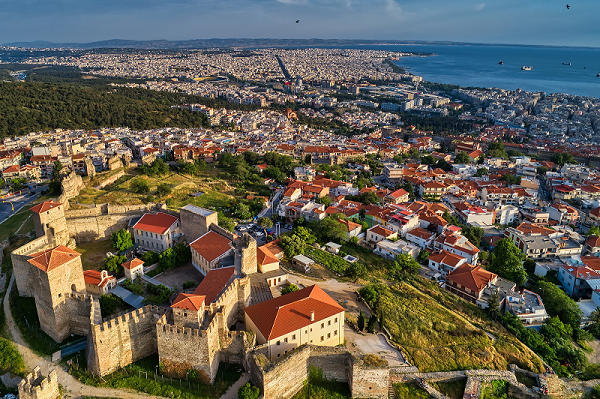
Around 30 participants attended the participatory planning workshop, as part of the citizen interaction in the framework of the REFORM extension. The online eve...
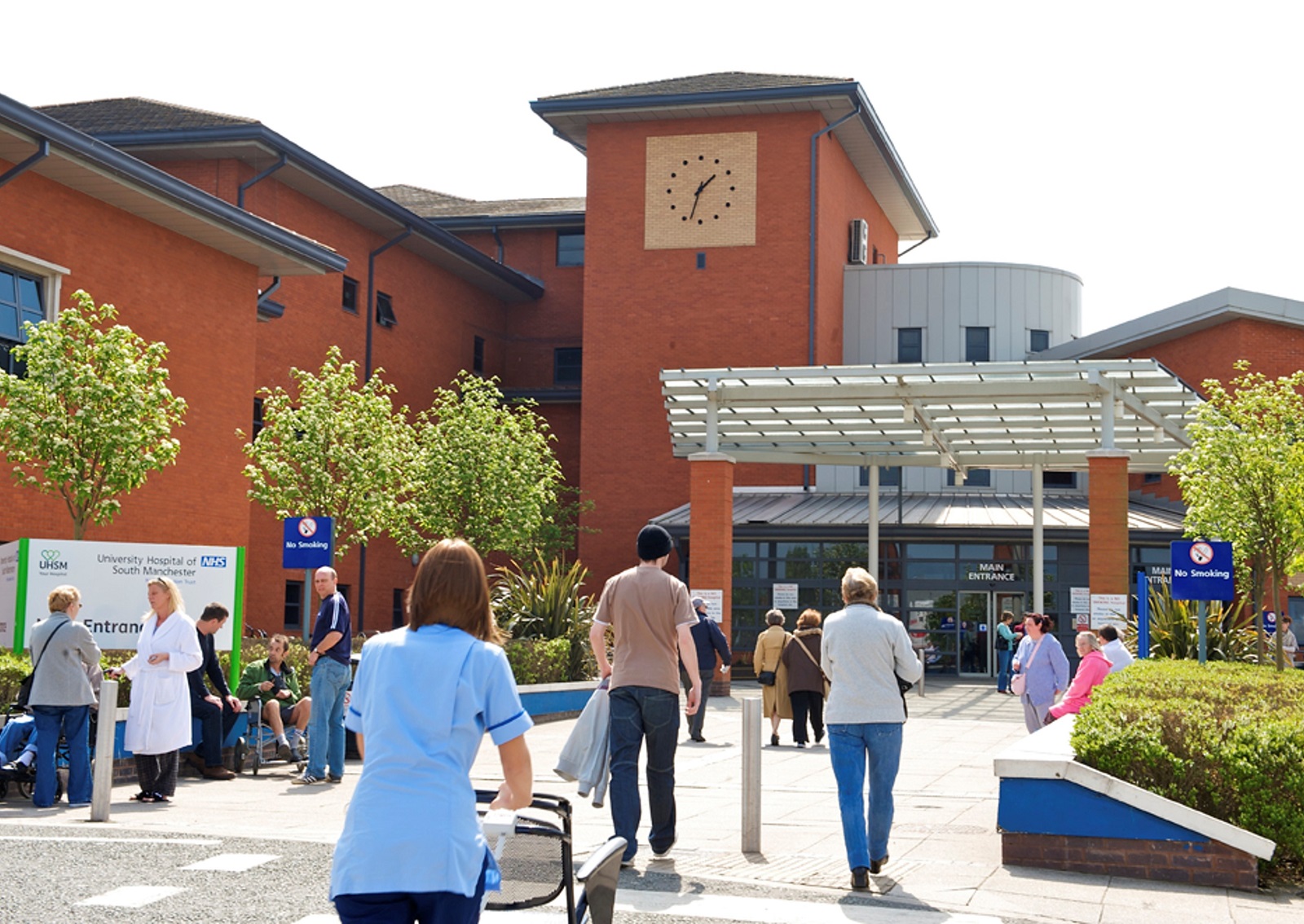
An online follow-up event took place on 22 July to discuss the further plans to provide live public transport info at health sites.
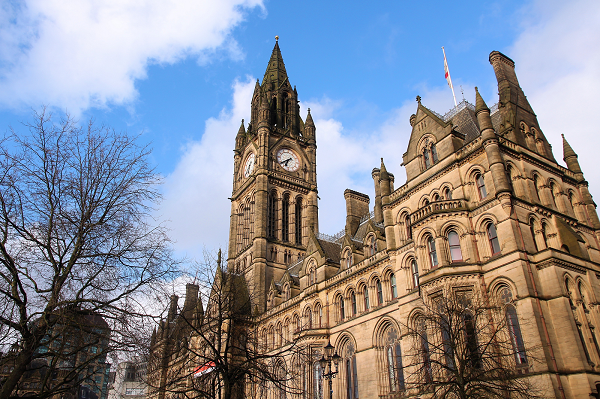
This is a summary of the recent efforts of TfGM concerning their stakeholder engagement & capacity building activities related to the two topics of travelli...
The online event “Participatory and Citizen-led Urban Mobility Planning: Its implementation during the pandemic", was organised by Central Macedonia on 17/6/22.
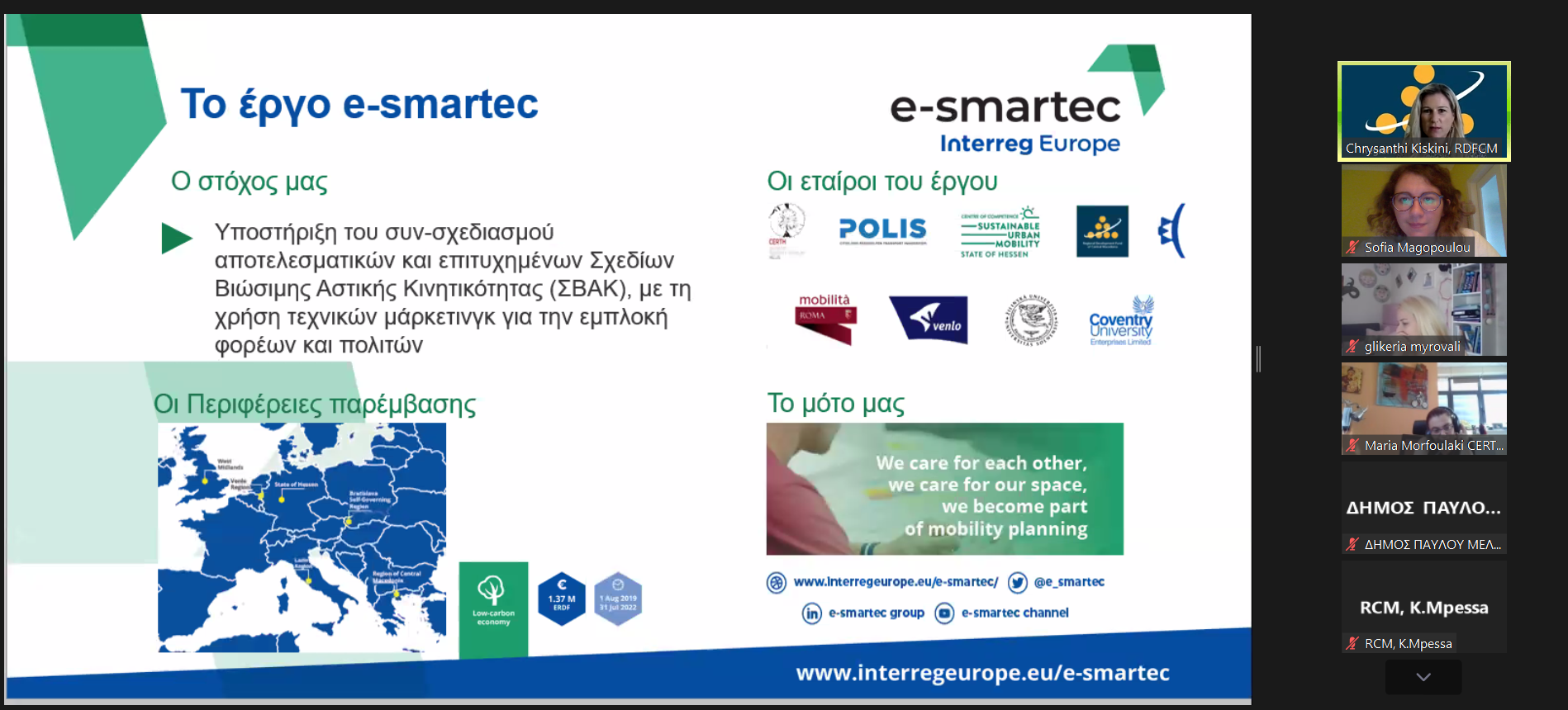
The Regional Development Fund of Central Macedonia organised an online event on the topic of Participatory Planning in the metropolitan area of Thessaloniki on ...
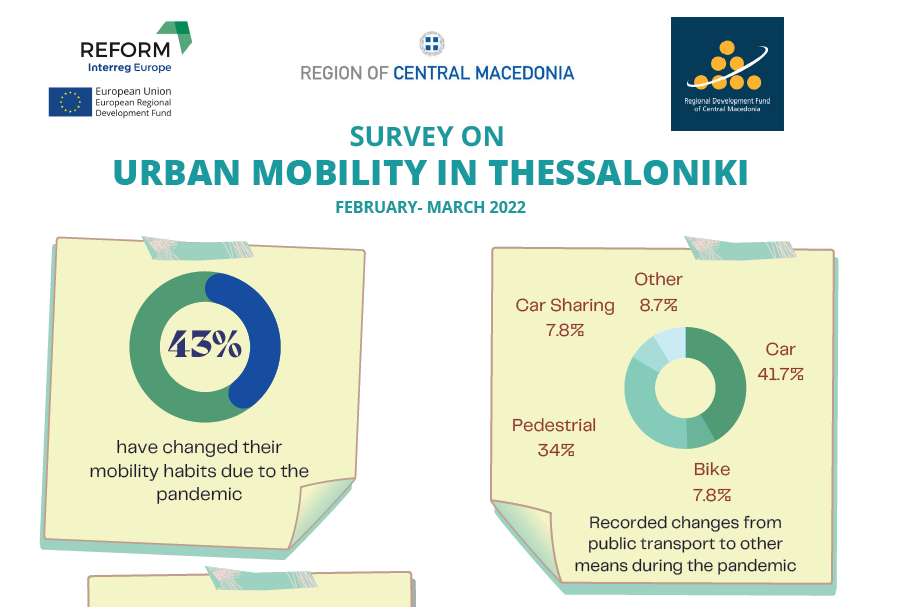
Central Macedonia survey shows COVID-19 negative impact on PT with silver lining for active mobility
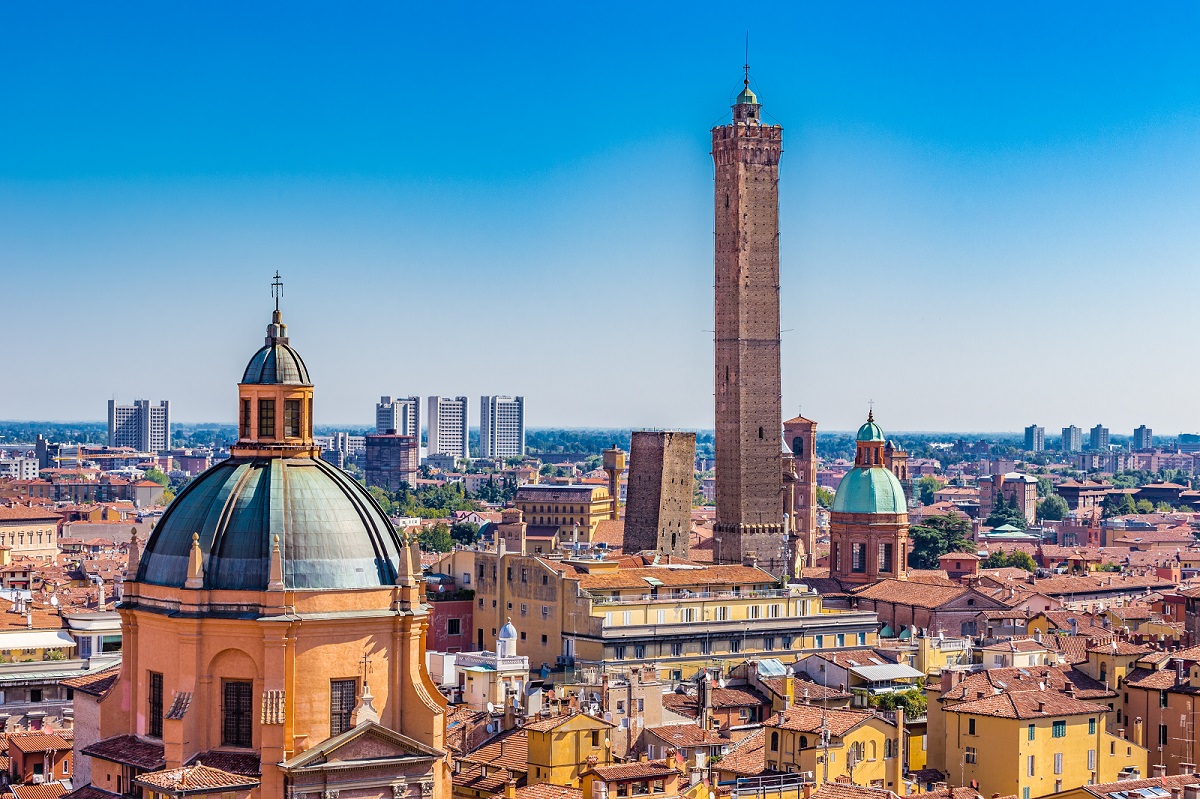
The capacity building event of REFORM project for Emilia-Romagna Region “Integration of the transport services, good practices and next step” was held on Ju...
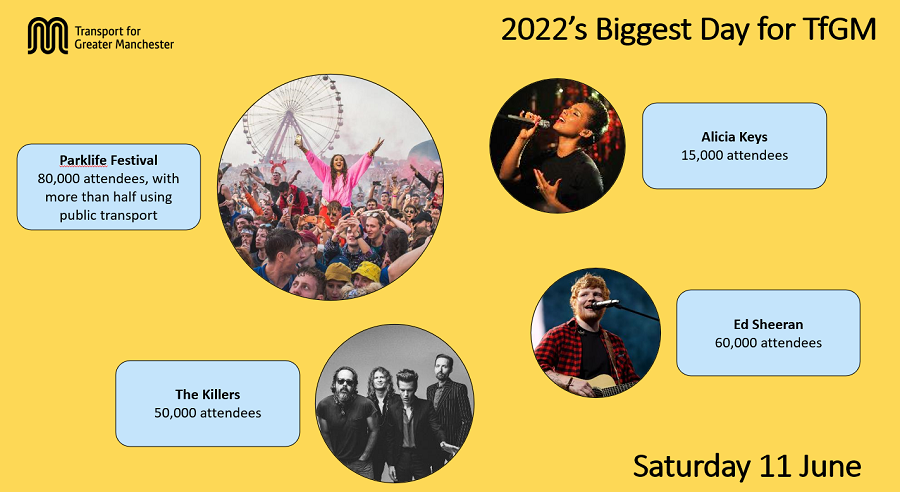
Football matches, concerts, outdoor events, the Christmas holiday season and many other festivals - a city like Manchester is constantly facing an influx of peo...
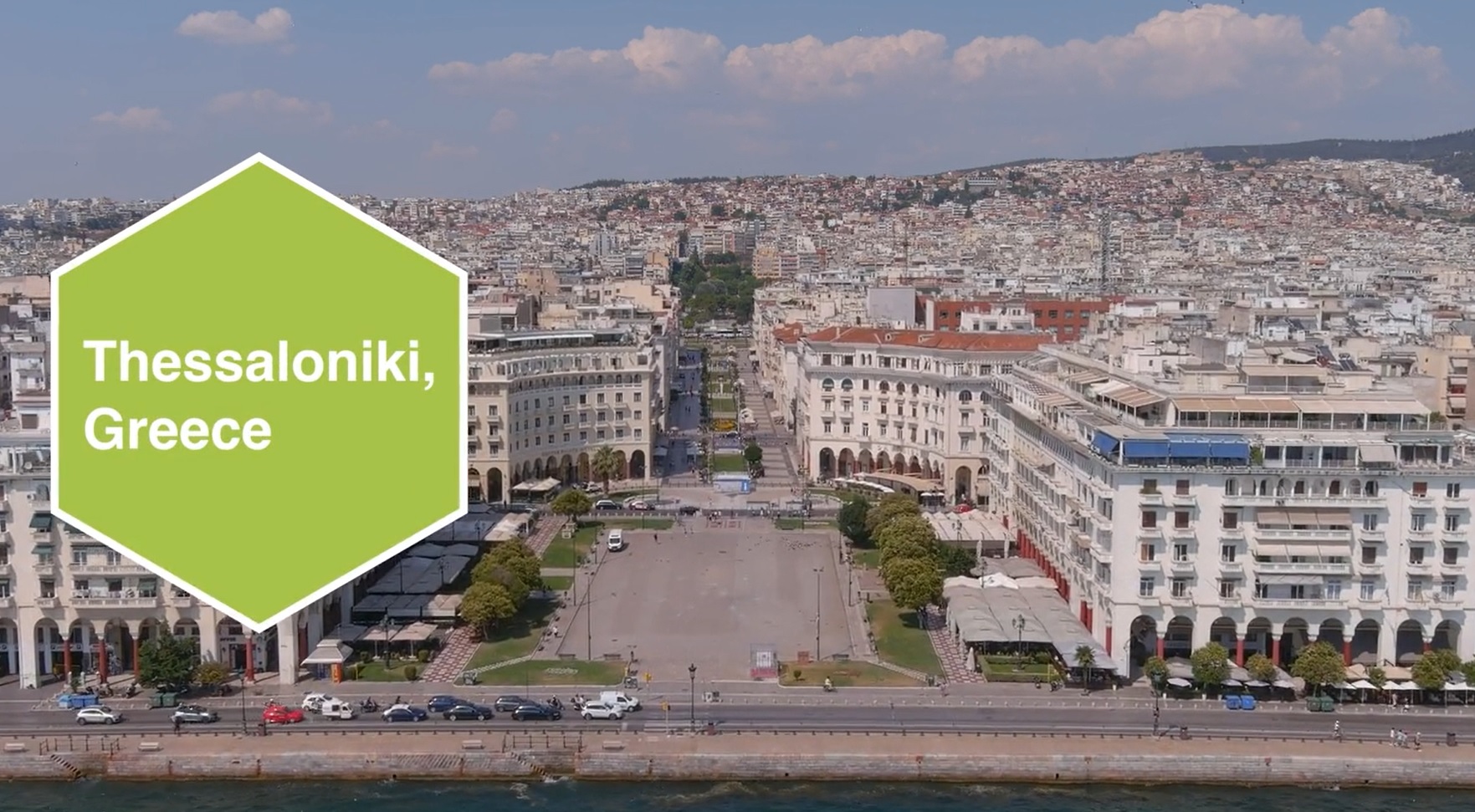
REFORM has described the good practices from the three project partner cities of Thessaloniki, Manchester, and Bologna in detail. Nevertheless, it is very diffi...